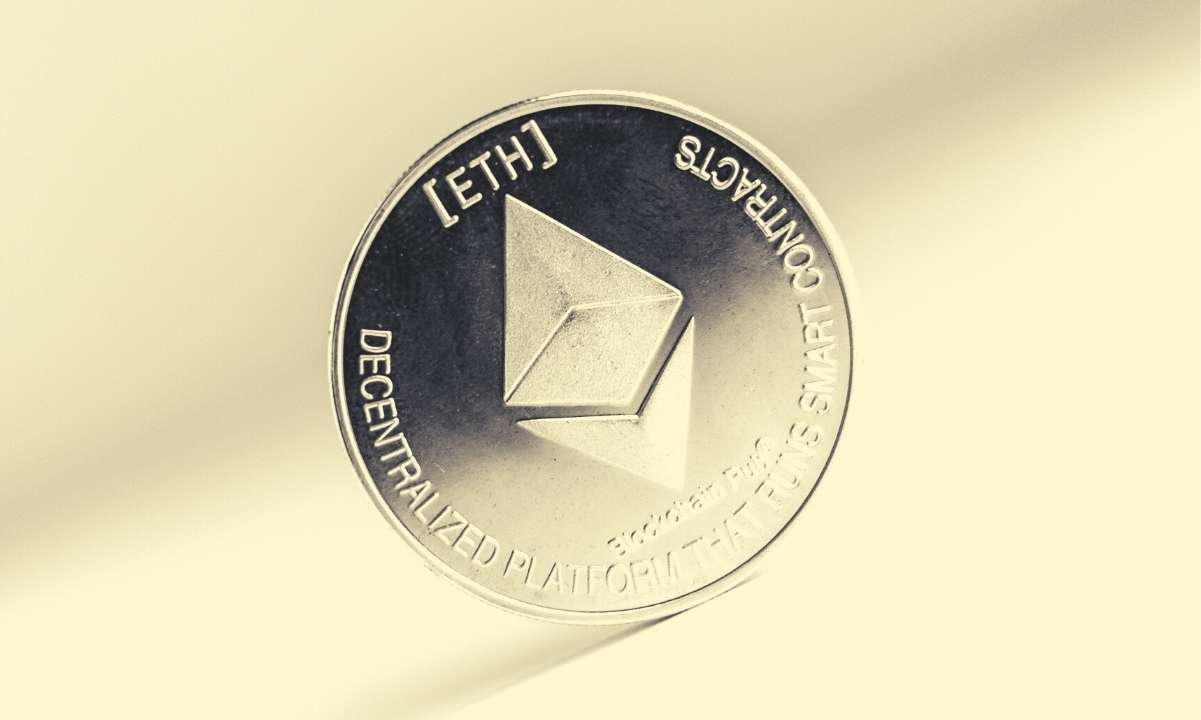ETH Treasuries Abandon ’Digital Gold’ for Staking Rewards—Here’s the Game-Changing Shift

Ethereum’s biggest players are flipping the script—ditching HODL mentalities for yield-generating staking. The move signals a seismic shift in crypto asset management.
Why the pivot matters: Staking turns idle ETH into an income engine, challenging Bitcoin’s ‘store of value’ dominance. Treasury managers now chase APY like Wall Street hunts dividends—only with more volatility and fewer SEC filings.
The cynical take: When institutions start yield-farming, you know the ‘decentralized’ dream has a 401(k) option. Welcome to finance 2.0—where the bags still drop, but now they compound.
Inside the First ETH Treasury Wave
According to Galaxy Digital, these firms are moving beyond hype-driven or passive crypto exposure and are instead actively using Ethereum as a productive reserve asset by staking for yield or leveraging advanced DeFi strategies.
This approach sets them apart from bitcoin treasury adopters, who often took a passive “digital gold” stance financed by leverage-heavy convertible debt.
Meanwhile, ETH treasury companies like SharpLink, BitMine, Bit Digital, and GameSquare have chosen to fund their strategies with equity, thereby avoiding the structural vulnerabilities linked to debt obligations and looming maturities.
Galaxy Digital also said that the capital held by these firms is actively deployed rather than sitting idle. Through ETH staking, they boost validator security and protocol stability across the network. In cases like GameSquare, treasury funds are also used for DeFi-native yield strategies, which support liquidity pools, lending platforms, and other essential Ethereum infrastructure.
Despite the ongoing risks of dilution, smart contract exposure, and price swings, investors can use dilution impact assessments and premium-to-book valuations to gauge both the downside and potential income-based upside. This wave of ETH treasuries appears to be a more actively engaged and capital-efficient model.
Firms Scale Ethereum Holdings
This month, the Nasdaq-listed online tech firm SharpLink made a significant Ethereum acquisition and became the largest corporate holder of ETH to date. From July 7 to July 13, the company bought around 74,656 ETH at an average price of $2,852, which is roughly worth $213 million. With this purchase, SharpLink’s total Ethereum holdings have grown to approximately 280,706 ETH.
Las Vegas-based BitMine Immersion Technologies raised $250 million via a private placement of 55.6 million shares at $4.50 each on June 30 to grow its Ethereum treasury. The raise added 81,380 ETH to its balance sheet and increased total holdings to 163,000 ETH while expanding its share count by 13x.
New York-based Bit Digital raised $172 million in June after selling 280 BTC to build its Ethereum treasury under CEO Sam Tabar. By March 31, it held 24,434 ETH, out of which it staked 21,568 ETH with a 3.2% average yield in 2024, and completed its pivot to an ETH staking and treasury model.
Texas-based GameSquare Holdings raised $8 million in July via a follow-on equity offering and partnered with Dialectic to launch an Ethereum treasury program targeting 8-14% yields. The company made its first crypto move by purchasing $5 million in ETH.

